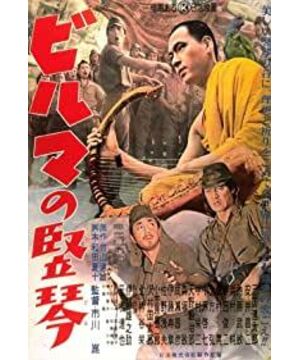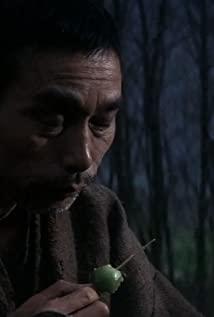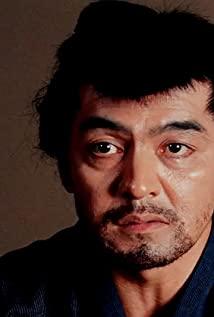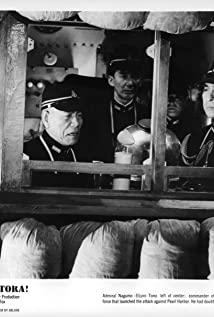The Japanese soldier portrayed in Ichikawa Kon's film "The Burmese Harp" is completely different from the previous Japanese "Gao Daquan" image. They no longer cherish the spirit of Bushido, nor do they have the slightest obsession with "unsuccessful, benevolent". On the contrary, the display of survival and individuality has become the soldier's greatest and strongest desire. Through this method of combining war and religious epiphany, Ichikawa Kon took a different approach, denying the military and state supremacy ideology advocated by militarism, and highlighting the importance of man himself
.
Ichikawa Kon’s anti-war film "The Burmese Harp" expresses a sense of justice and humanitarian care. "The Burmese Harp" is based on Michio Takeyama's fairy tale novel of the same name. It coincides with Ichikawa's usual familiarity with children's film themes. It can be said to describe the Japanese soldiers living in harmony with the Burmese people, and the Japanese soldiers use singing to cleverly resolve the dangers of war, etc. Wait for the fairy tale world. But naivety and unreality have built a platform for calling for peace. Ichikawa Kon enriched the religious resources into the humanitarian connotation, and made the protagonist Japanese soldiers convert to Buddhism by chance. From the level of the Buddha, he completed personal salvation, confession, rescuing, assuming responsibility, and the theme of soothing war dead. Has a strong artistic appeal
.









